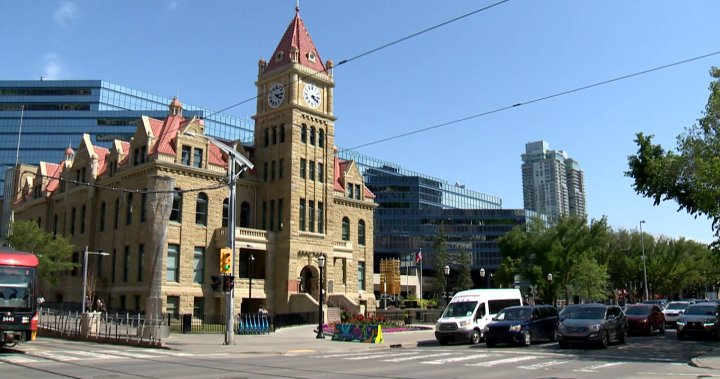In a move raising eyebrows across municipal governance circles, Calgary’s top bureaucrat could see their potential earnings soar to unprecedented heights following a contentious city council decision. The salary range for Calgary’s city manager position has been dramatically adjusted upward, with the maximum potential compensation now reaching $427,500—representing a striking 36% increase from previous limits.
The decision, approved by council earlier this week, redefines the compensation landscape for the city’s highest-ranking civil servant. While the minimum salary remains anchored at $295,000, the ceiling has been significantly elevated, expanding the potential earnings gap by over $100,000 compared to previous parameters.
“This adjustment reflects the complex reality of competitive recruitment in today’s municipal leadership market,” stated Councillor Sonya Sharp, who chairs the city’s executive committee. “We’re competing not just with other municipalities, but with the private sector for top-tier administrative talent.”
The timing of this salary adjustment has proven particularly controversial as it coincides with David Duckworth’s recent announcement of his departure from the role. Duckworth, who has served as city manager since 2019, revealed his plans to step down in March, creating what some observers describe as a “perfect storm” of scrutiny around executive compensation.
Critics, including taxpayer advocacy groups, have voiced concerns about the appropriateness of such substantial increases during periods of economic uncertainty for many Calgary residents. “When ordinary Calgarians are facing property tax increases and inflation pressures, this kind of executive salary expansion sends a troubling message about priorities,” noted Franco Terrazzano from the Canadian Taxpayers Federation in a statement to CO24 News.
The city has defended its position by pointing to comprehensive market research indicating that Calgary’s previous compensation structure lagged behind comparable municipalities. Analysis presented to council demonstrated that cities including Edmonton, Ottawa, and Vancouver offer substantially higher potential earnings for their top administrative positions.
Mayor Jyoti Gondek emphasized that the adjustment primarily addresses the maximum potential earnings rather than guaranteeing the top figure. “This gives us flexibility in negotiations, but doesn’t commit taxpayers to the ceiling amount,” Gondek clarified during post-vote media availability.
The search for Duckworth’s replacement will now proceed with this expanded salary range as a key recruitment tool. Council has indicated that an executive search firm will be engaged to identify candidates capable of managing Calgary’s $4.9 billion operating budget and approximately 16,000 municipal employees.
Financial analysts from the CO24 Business desk note that this development reflects a broader trend in public sector executive compensation, where municipalities increasingly find themselves competing with both private industry and other government entities for leadership talent.
The decision has sparked debate within Canada News circles about the appropriate balance between competitive compensation and fiscal responsibility in public administration. Several councillors who opposed the measure cited concerns about perception during a period when many municipal services face budget constraints.
“We’re asking departments to find efficiencies while simultaneously increasing our top salary range by more than a third,” commented Councillor Courtney Walcott, who voted against the measure. “The optics of this decision deserve careful consideration.”
As Calgary prepares to recruit its next administrative leader, the question remains: In an era of heightened scrutiny over public spending, how will municipalities justify executive compensation packages while maintaining public trust in their financial stewardship?










